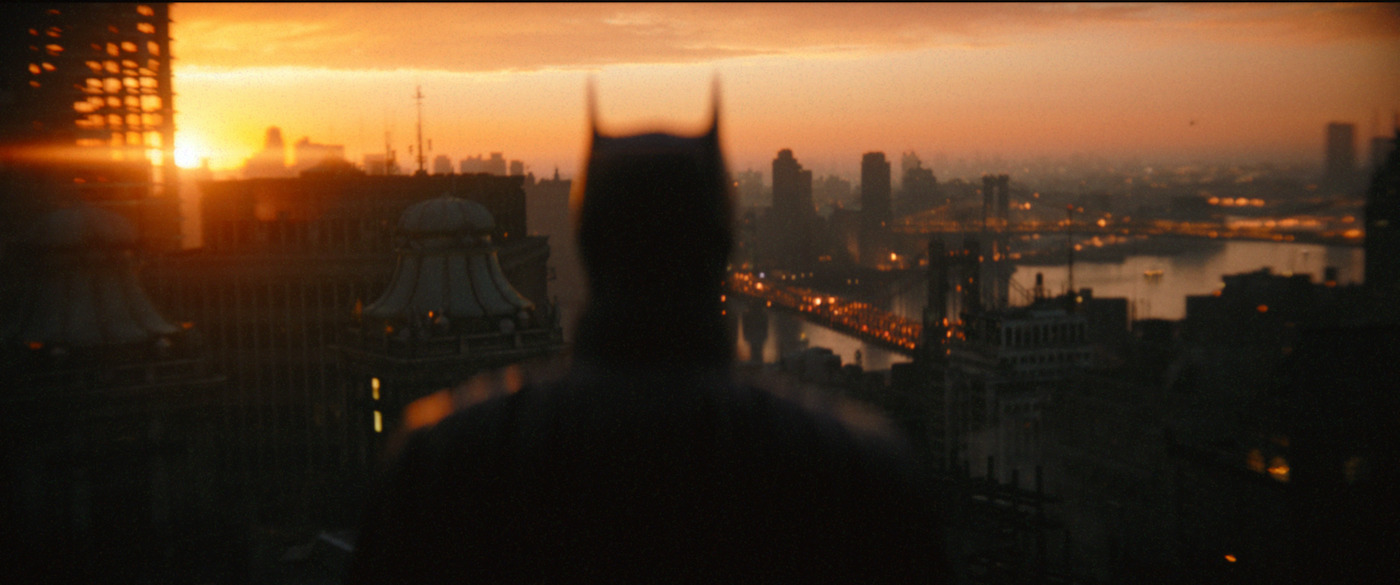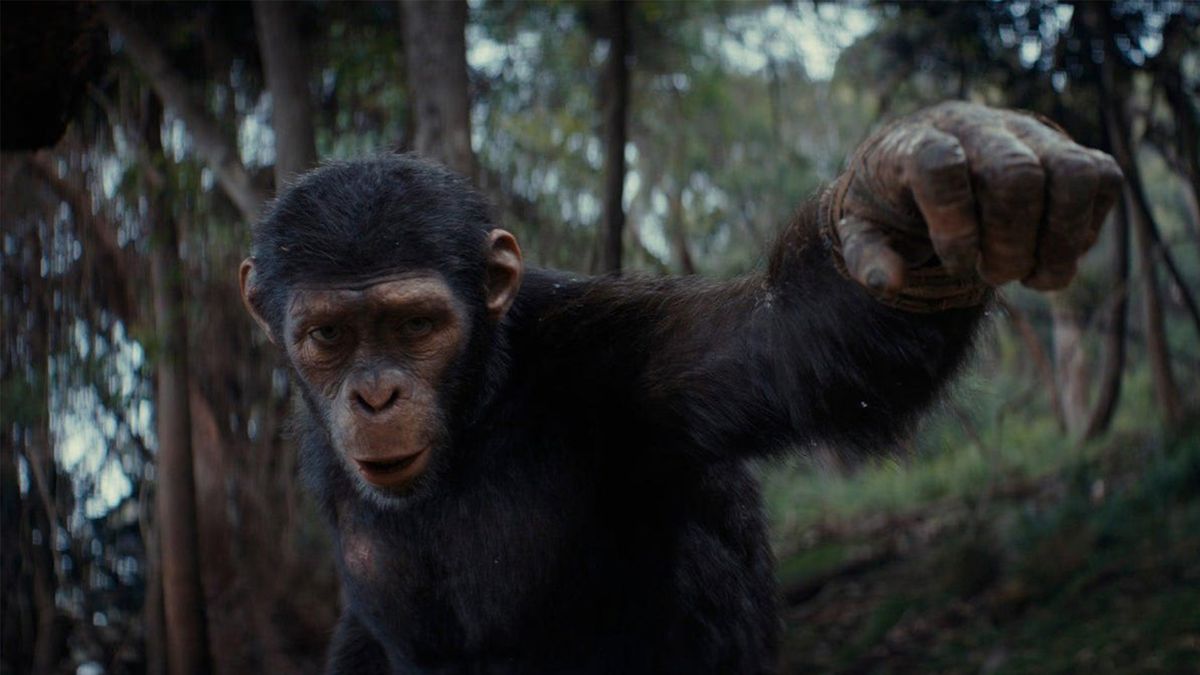"What is the price for your blind eye?" is one of the questions asked by the Riddler (Paul Dano) in his mindgame, part a test of skill, part a ruthless war against the city's corrupt element, with Batman (Robert Pattinson). In context, it's an attempt by the Riddler, a product of the city's failed public works program, to shine a light on one of the many people who have exploited the system, but from an outside perspective, it's one of the many ways in which the film plays with perception and the way we see the world. The Batman, Matt Reeves's take on the decades-old character, isn't perfect, but when this central idea clicks, there's very few entries in the superhero genre like it.
Reeves's visual eye, the same that made his entries in the Planet of the Apes franchise so stunning, is unsurprisingly the film's strongest element. Alongside cinematographer Greig Fraser, Reeves plays with light and shadows to create a sense of creeping paranoia, a feeling that either Batman or the Riddler could be anywhere at any given moment. Even as it climbs inside their heads, the film portrays the two closer to that of a villain in a slasher movie, ever-looming. The Riddler simply...appears in his first scene, standing behind Gotham's embattled, corrupt mayor without a sound, while the excellent introduction of Batman is criminals jumping at shadows, staring into the darkness, and wondering if he's waiting for them. Despite the film's more grounded take, not quite to the militarized level of Nolan's nor the mythology-infused scale of Snyder's, it gives it a larger-than-life feel. Reeves's Gotham feels like a world just different enough from ours, operating within the realm of plausibility but still feeling very much it's own.
The duality in imagery is no accident. The connection between Batman and Riddler, two orphans forged in a life of trauma and pain, is represented by the similarity of their points of view. The Riddler is introduced watching the mayor with binoculars, peeking through his windows, while Batman later watches Selina Kyle (a gorgeous Zoe Kravitz) in much the same way. Both scenes create a sense of unease as the Riddler takes interest in the mayor's family while Bruce briefly watches Selina change, the purpose being safety or attraction to the aloof femme fatale left unclear. Later, the two both slink through the shadows of the Iceberg Lounge, with Riddler watching from afar while (in one of the film's surprisingly sparse action sequences) Batman tears through Carmine Falcone's (a delightfully unnerving John Tuturro) men, the gunfire of the panicked criminals the only source of light. Both have weaponized their pain to become monsters luring in the darkness, leaving the question of whether Batman will follow Riddler down that path.
This combination of visual and emotional connection may be why the film begins to lose steam a tad in its last third. With its two antagonists brought down, it shifts to a larger-scale climax as Batman battles Riddler's followers amidst a flooding Gotham. It's a fun setpiece, tense and creative, and while the sun rising over Gotham as Bruce realizes he can't just be a symbol of fear makes for a fitting capper, you can't help but feel as though the detective story had been traded for something less interesting.
Even a weaker third act, hardly an anomaly for superhero fare, can't really weigh down The Batman. When the film works, it really is something special: a creator-driven superhero project, bursting with visual creativity and confidence. From its opening to its final shot, a fittingly haunting end of Bruce watching Selina drive away as he ponders the life he could've had, it establishes itself as a real winner for a genre that risks growing stale.




